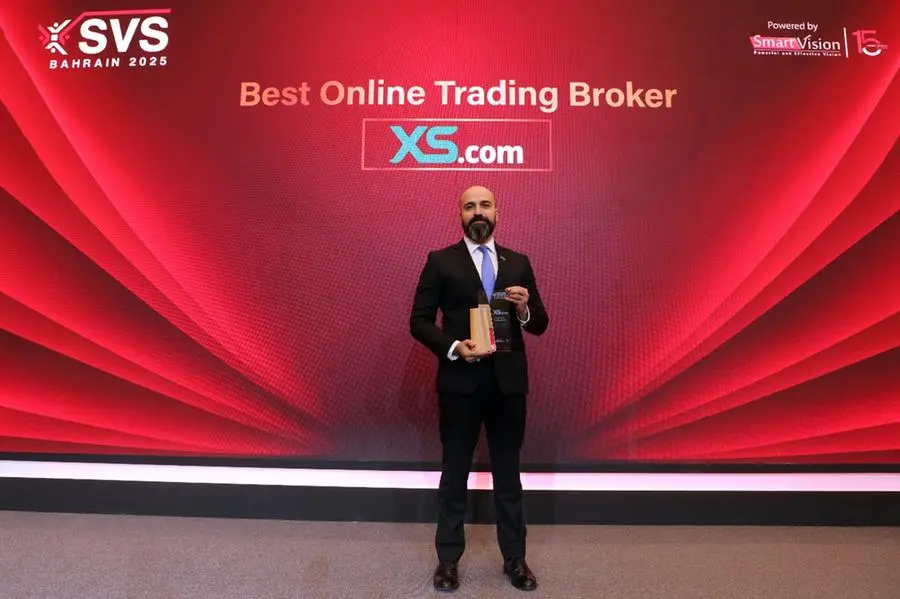In a significant move to enhance its business ecosystem, Dubai has introduced new rules that allow most companies based in its numerous free zones to operate in the mainland market. The change, outlined in Executive Council Resolution No. 11, creates a more direct pathway for expansion and blurs the traditionally rigid line between onshore and free zone entities.
The New Permit System Explained
Under the new regulation, free zone companies can now apply for a permit directly from Dubai Economy and Tourism (DET) to conduct business activities on the mainland. This streamlined process replaces the previous, more cumbersome methods that required companies to obtain a dual license through their free zone authority or establish an entirely separate mainland entity, which often led to duplicated costs and administrative burdens.
The permit is tied to the commercial activities already listed on the company’s existing free zone license. While the new rule applies to the vast majority of firms, it does not extend to financial institutions within the Dubai International Financial Centre (DIFC). Furthermore, companies in regulated sectors such as healthcare and education will still need to secure additional approvals from the relevant authorities.
Streamlining Corporate Structures
For established businesses, this resolution offers an immediate opportunity to optimize their corporate structures. Companies that currently maintain parallel entities in both a free zone and the mainland can now potentially consolidate their operations under a single licensed entity with a DET permit. This could lead to significant reductions in overheads, simplified corporate filings, and the elimination of duplicated audits. A cleaner structure also aids in corporate governance and simplifies compliance with economic substance regulations by clarifying the allocation of staff, assets, and management.
A Lower-Risk Entry For New Investors
The new permit system fundamentally changes the market-entry strategy for new investors and startups. Previously, founders had to make a critical choice between the 100% ownership benefits of a free zone and the broader market reach of a mainland license. The new rule lowers this upfront risk, allowing a company to establish itself in a free zone and later expand into the mainland without undergoing a major restructuring. This flexibility is particularly beneficial for small and mid-sized firms wanting to test the market before committing to a full-scale onshore presence.
Impact Across Key Sectors
The impact of this change is expected to be felt widely across various industries. Trading firms involved in import, distribution, and re-export will benefit from being able to serve mainland customers directly from their free zone base. Professional services, including consultancies and design studios, will find it easier to contract with local clients. E-commerce operators, who have often navigated complex licensing needs to reach customers directly, also stand to gain significantly from this simplified access to the mainland market.
Source: Gulf Economist














